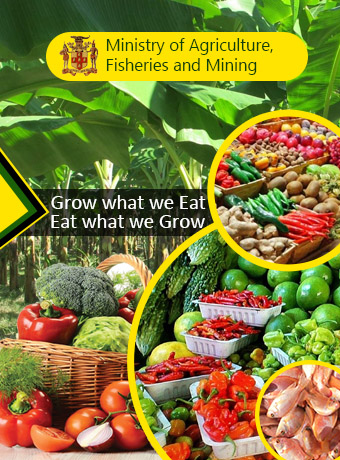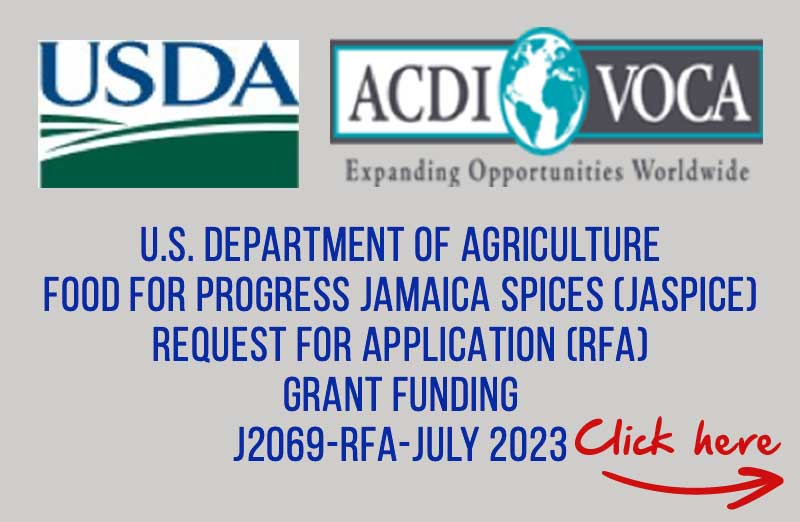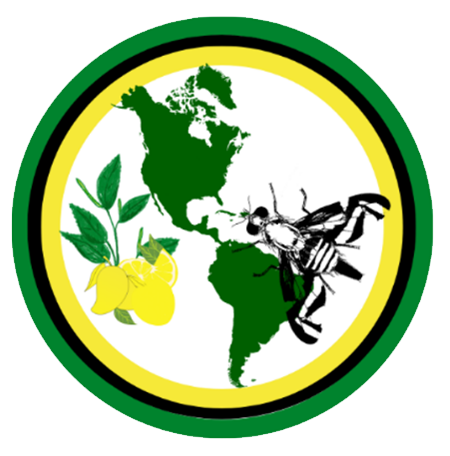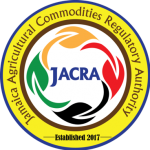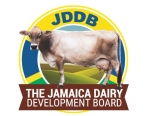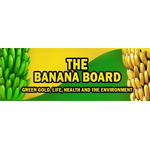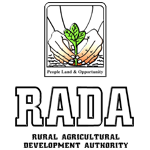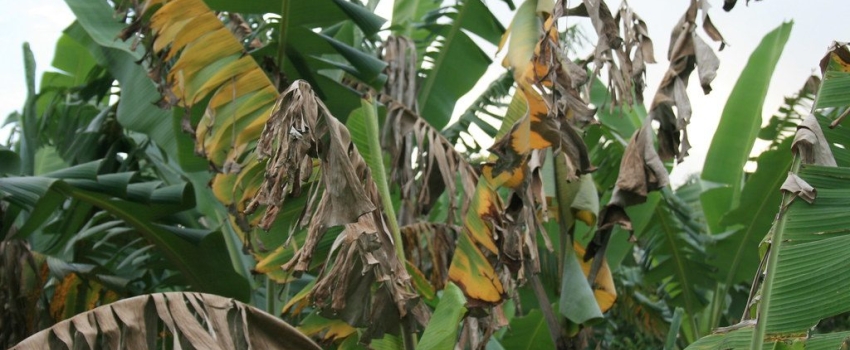
If a farmer suspects their banana and/or plantain crop has TR4 disease, they can contact the Banana Board at 1(876) 922-5490 or at 1 (876) 922-4327.
KINGSTON, April 18 (JIS):
The Banana Board is urging plantain and banana farmers to make a report should their crops show any signs of the Panama Tropical Race 4 (TR4) disease as the country remains on high alert.
The disease is considered one of the most notable diseases in the history of agriculture and is the most destructive disease to have affected bananas, plantains and the Heliconia plant.
The fungus spreads through infected plant materials and infested soil particles attached to any item such as farm tools, shoes, clothes, animals, and vehicles.
In countries such as Mozambique, the Philippines, Pakistan, mainland China and India, the disease has had a devastating impact on industries and livelihoods, wiping out millions of dollars in banana and plantain crop.
Speaking at a recent JIS Think Tank, General Manager of the Banana Board, Janet Conie, is urging farmers to contact the Board as soon as they see any sign of the disease.
“From afar, if a plant has it, you will see the leaves looking yellow from the outside moving in, but yellowing can be for anything; if you see that, call us. The yellowing starts from the roots, it affects the outer leaves. For some varieties, though, you don’t see any yellowing,” Ms. Conie stated.
“Gros Michel – it buckles. The leaves will still be green, but they just buckle around the plant. I’m saying if you see anything strange call us; yellowing, buckling, wilting of any kind, call us,” she stressed.
Ms. Conie further informed that splitting of the “trunk” or pseudo-stem of the banana plant is also a sign of TR4 Disease.
“If you miss the yellowing, you are pruning out and you chop it and you see these stippling discolorations, that also is a sign. We are also telling you not to chop it because the knife, machete, mattock or whatever it is you use, will spread it to the other plants. There are also diagnostic symptoms that we look for in that lab, so if you call us, we will come, take our samples and we will do the verification. We will confirm locally, and we will also confirm overseas,” she said.
Banana farmer from Portland, Winsome Crosdale-Delaney, told JIS News that to prevent TR4 from entering her farm, she has been controlling the movements of persons.
“I control and monitor the level of persons coming on the farm. Instead of them driving directly on the farm, they will have to stay beyond the gate. I limit the number of persons on the farm, and I prevent persons from walking directly onto it. Only workers can go directly on the farm. In addition to this, I am now certainly going to be implementing the foot wash,” she said.
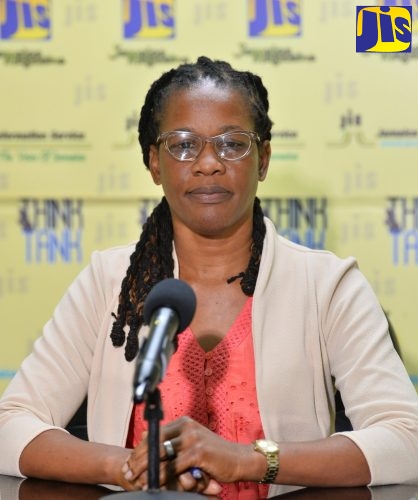
While farmers are encouraged to implement biosecurity measures, the Ministry of Agriculture and Fisheries is also working to protect the industry.
Portfolio Minister, Hon. Pearnel Charles Jr., said the TR4 taskforce is critical to the prevention of the disease coming into the country.
“Other countries are looking towards Jamaica as an example of resilience, as an example of the proactive steps to prevent TR4 entering our shores and proactive steps in terms of preparing our sector to implement the tactical response as necessary if it does reach our shores, to secure their investment,” he stated.
“Through our TR4 task force, we have set out a national action plan that will institute an early detection warning system and will prevent any spread if we do detect it here. The plan also includes strengthening the capacity of our farmers, ensuring they are aware that they should contact us immediately, once they see any signs,” the Minister added.
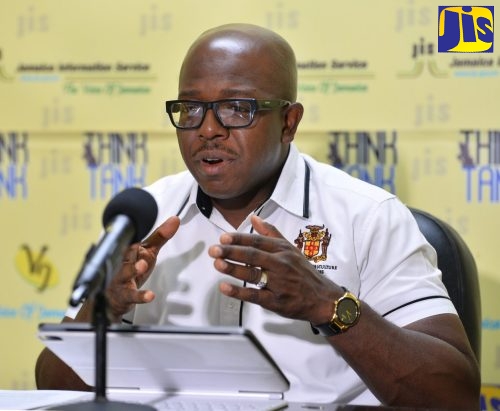
Extension Officers, and scientists in the research department of the Banana Board have also been trained to respond if TR4 enters the island.
“What we do not want is for the farmer to call his mother, sister, child and everybody runs into the farm and looks at it. By that time, it spreads, call nobody else, call the right people, we will come look at it, and cordon off the area,” Ms. Conie said.
She also explained that cordoning off the area does not mean TR4 has been confirmed.
“It means we are preventing spread. We will collect the samples in a precise way, bring them back to the lab and use several methods for testing. We have a real-time PCR, conventional PCR and we have a LAMP Diagnostic,” Ms. Conie stated.
The General Manager noted that in some cases, farmers may think that the disease is present, because it shares similar signs as other banana-related issues.
“You may call and think you have TR4, when all you have is Bora Weevil, Black Sigatoka, the plant is waterlogged, underwatered, or you just didn’t fertilise on time. We will tell you what that is, but if you should have it, we will try to get back the results to you as quickly as possible,” she expressed.
If the disease is confirmed from the collection of samples, then plants will be removed from the farm and farmers and workers asked not to set foot on the grove.
“We will dig a trench around it to contain it because TR4 also moves with water. We have not had to do that yet, because we have not had a positive locally. Everything in that area we call buffer plants is liable to be infected,” Ms. Conie said.
“If you see it on that one, with the roots intertwining underneath, you know there is contact between them. We usually cannot just take out the one plant because you will still have risk of spread amongst those,” she added.
If a farmer suspects their banana and/or plantain crop has TR4 disease, they can contact the Banana Board at 1(876) 922-5490 or at 1 (876) 922-4327.
